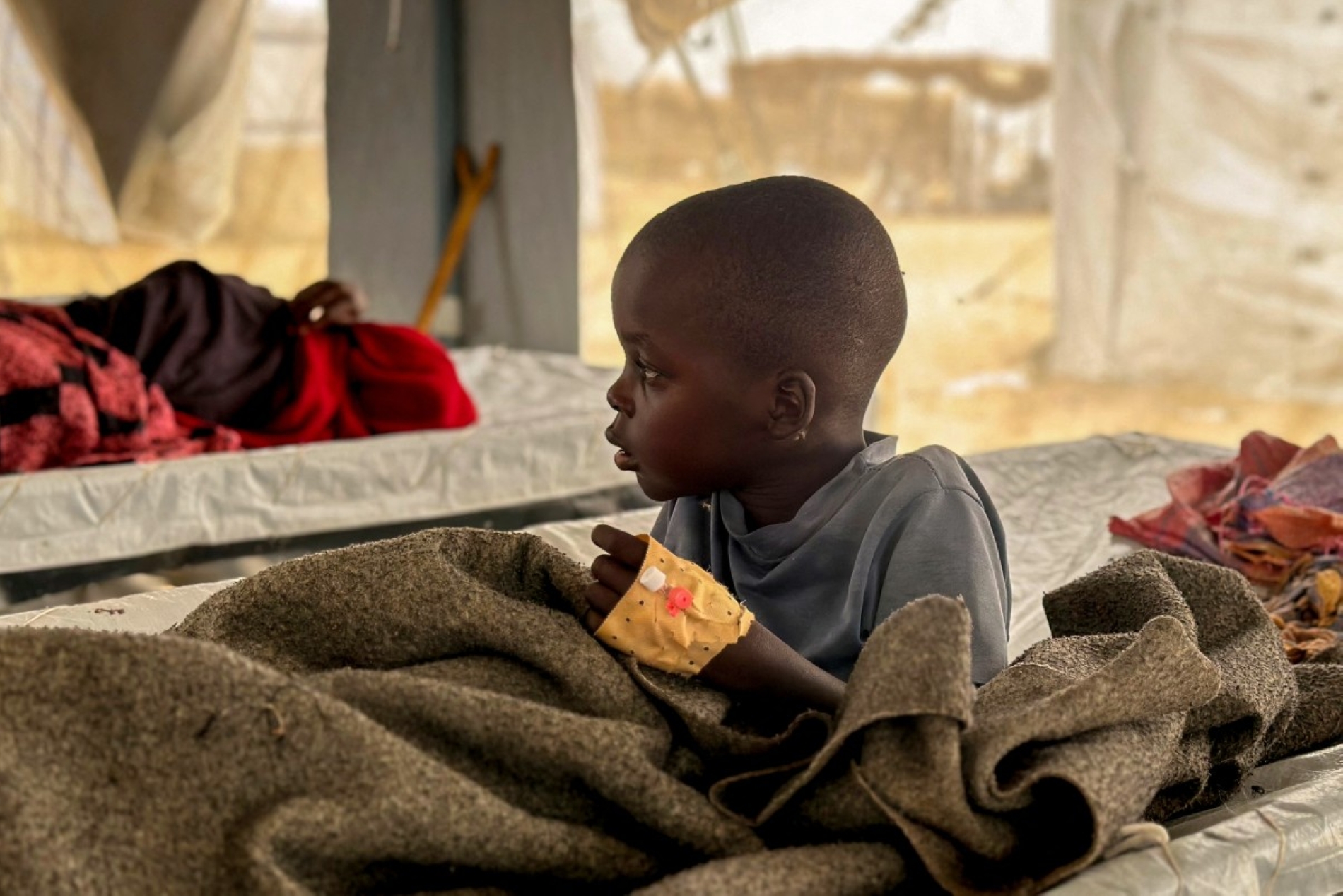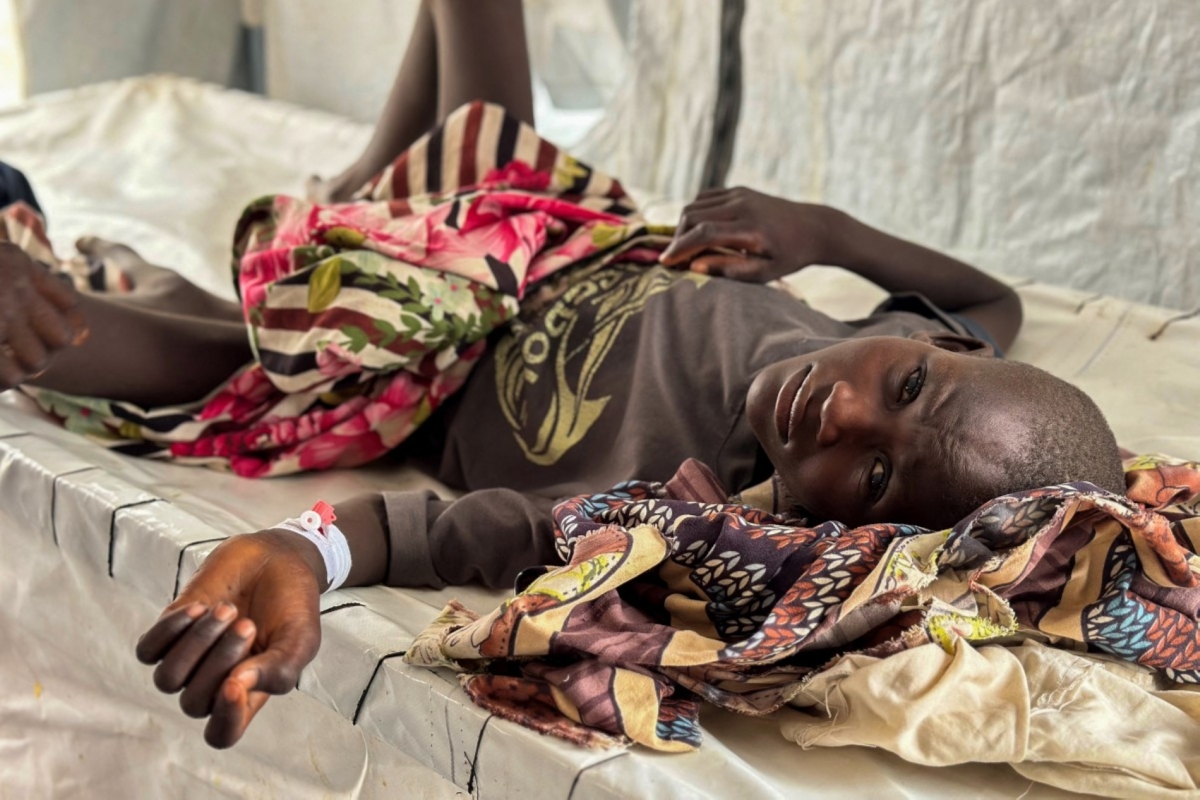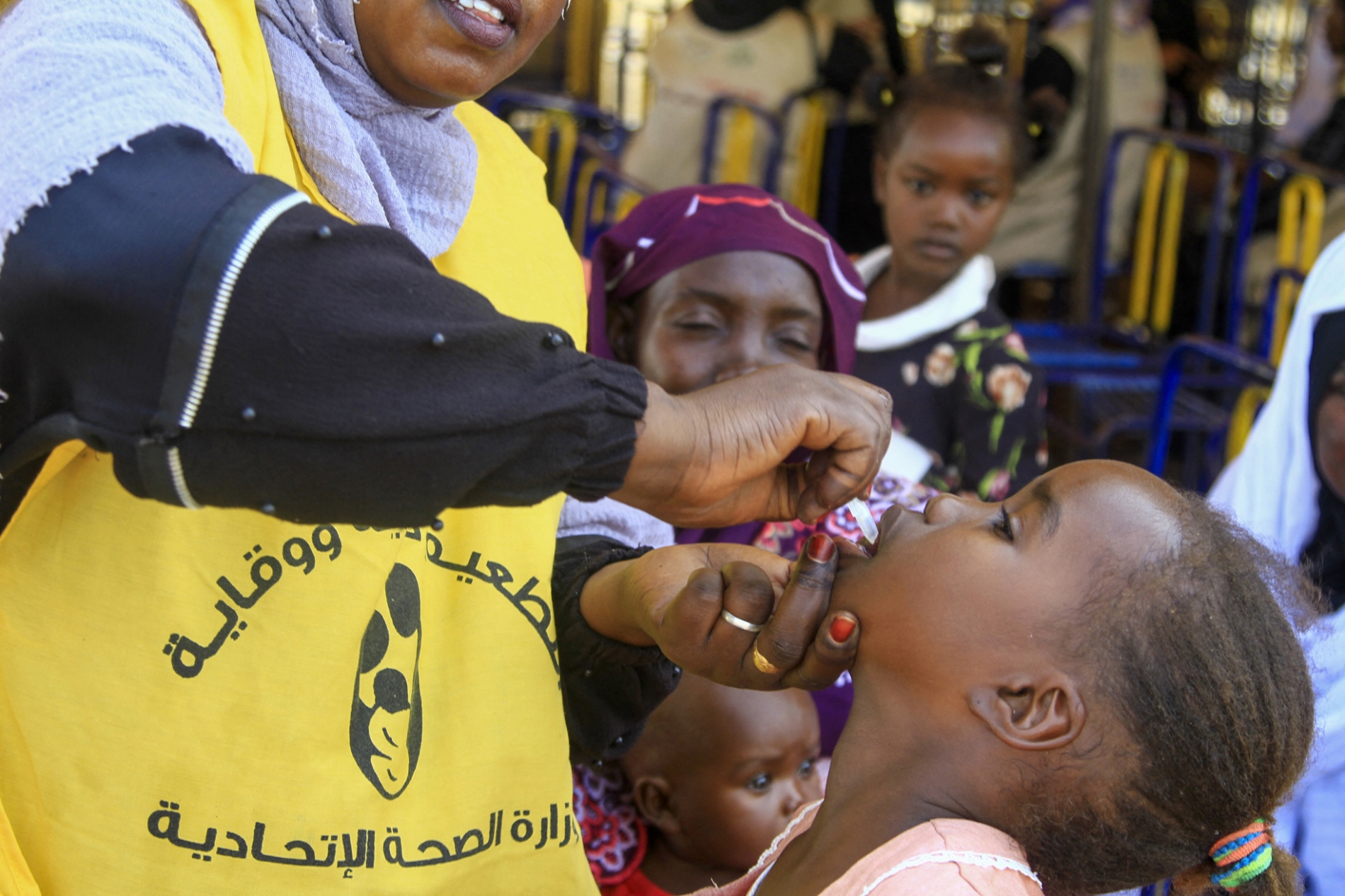The last outbreak of cholera in the United Kingdom was in 1866; the United States has not had an outbreak since 1911. And yet today, outbreaks of cholera are raging in 32 countries, with more than 6,800 deaths reported so far this year, already exceeding last year’s toll of 6,000 deaths, which was itself a 50% increase over 2023. The most severe outbreaks are in Africa, where, in most cases, conflict is accelerating the spread and hampering control efforts.
Cholera persists not for lack of science or solutions, but because leaders have failed to act with the urgency and commitment the crisis demands. A consortium of more than 50 partners, led by the World Health Organisation, is responding to these outbreaks through the Global Task Force on Cholera Control—a partnership established in 1992 that enables access to essential supplies, as well as the detection, prevention and treatment of cholera, informs communities how to protect themselves, and sets global priorities to sustainably control cholera. Complementing the work of the Task Force, in August, WHO and the Africa Centres for Disease Control and Prevention launched a continental cholera emergency preparedness and response plan.
Cholera is the definitive disease of deprivation. It’s caused by a bacterium ingested in food or water contaminated with faeces from an infected person. The best and only sustainable way to prevent it is by ensuring access to safe water and sanitation, which is why cholera is now practically unheard of in countries with those facilities, but thrives in communities afflicted by inequality, poverty, conflict, displacement and climate-related disasters.

In communities that lack access to safe water and sanitation, cholera can also be prevented with safe and effective vaccines. The first injectable vaccines were developed in the late 19th century and have been superseded by oral vaccines, which became available in the 1980s.
But because cholera afflicts almost exclusively the poorest countries and communities, it does not attract investment from vaccine developers, for whom it offers little market opportunity. There is currently only one manufacturer producing cholera vaccines at the scale needed to support mass vaccination campaigns: EUBiologics, based in the Republic of Korea.
To manage the response to cholera outbreaks, WHO and other partners established a global cholera vaccine stockpile for outbreaks in 2013 under the International Coordinating Group on Vaccine Provision (ICG) to ensure rapid, equitable, and effective access to vaccines in emergencies, especially in low-resource settings. Since then, the stockpile has distributed more than 250 million vaccine doses to 34 countries.













